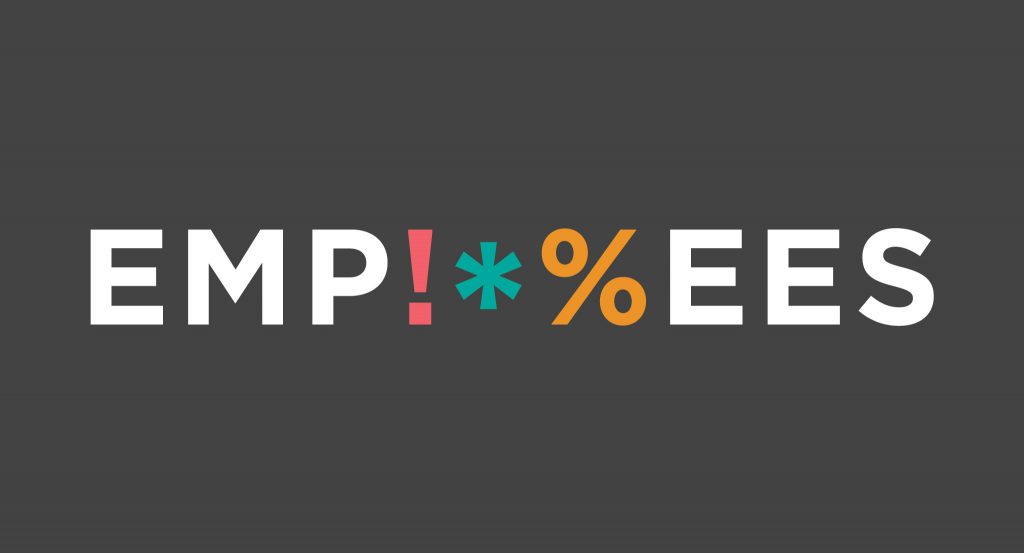Why I hate "employees"

I hate employees. And I feel like I can never escape them.
I was recently at dinner with friends, and someone asked me, “How many employees do you have?” Earlier that day, I had to answer the same question a couple of different times, once for a survey and again for a site registration. Each time, the question made me come up short.
Have you ever stopped to think about what the word “employee” actually means? You may think it just means someone who works for a certain company, but that’s not exactly right. “Employee” is a terrible word. And as someone who was an English major way back in the day, I believe language really matters.
Merriam-Webster defines an employee as “one employed by another usually for wages or salary and in a position below the executive level.” I have a problem with two aspects of that. First, it intentionally creates a hierarchical structure between people who work at the same organization. Webster is saying that people who work at one level of a company are somehow different than those at another level.
So, when I became an executive, was I no longer an employee? I still worked for the company in the same way as before, so what exactly did that make me? More importantly, what does it imply about the people who are not at an executive level?
To make matters worse, take a look at the definition of the word “employ”: “to make use of (someone or something inactive); to use (something, such as time) advantageously; to use or engage the services of, to provide with a job that pays wages or a salary.” I don’t know about you, but I can’t get past the fact that the primary definition is based on the word “use.” And no one likes to be used.
Put it all together and my read on “employee” is this: By calling someone an employee, we’re signaling that they are on a lower level and that we get to use them and their time—until they get to a level within the company where they can then use other people’s time.
We need to find better words to describe our working relationships. The workplace is an ever-changing and evolving place, and the last few years have accelerated many changes. One trend is the recognition of the value each individual brings to an organization and the need for companies to demonstrate that recognition and respect. Language is one way we can help underscore that recognition.
We signal to the people at work how much we value them in the language we use throughout the day—in our handbooks, internal memos and Slacks, company meetings, recognition programs, incentive programs and even on our external websites. Our clients hear those words, too, and the language we use to talk about our agencies resonates with them as well, for good or for bad. Our words matter, and while I’m not suggesting we need to parse every single word every single time, we can do better in making global decisions about how we refer to the people who work at the same company as us.
When talking about a group of people at work, I tend to use the word “team.” But I also gravitate toward “colleague,” which is defined as “an associate or co-worker typically in a profession or in a civil or ecclesiastical office and often of similar rank or status; a fellow worker or professional.”
See the difference between that and the definition of employee? There is no hierarchy, no implication of people being used for their talents. Instead, it’s a term that puts everyone who works at a company—from a new hire to the CEO—on an even level, discarding outdated ideas of personal value and hierarchy.
So, yeah, employees I hate. Now colleagues? Colleagues I love.
This post was originally published by Forbes.com
What matters to you?
Want to get work that really matters for you and your business? Let’s talk.
Email Us